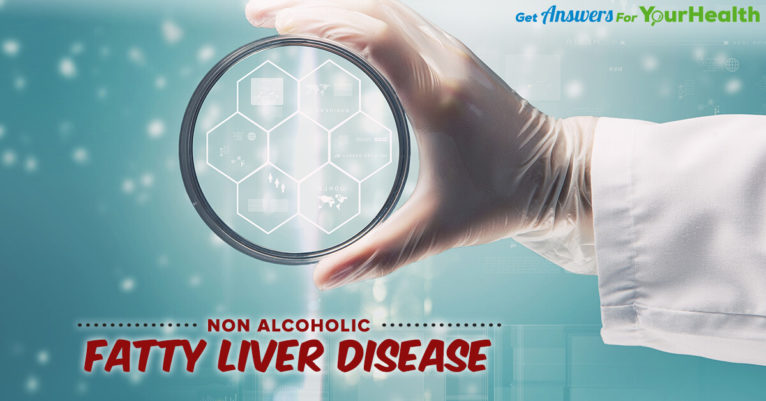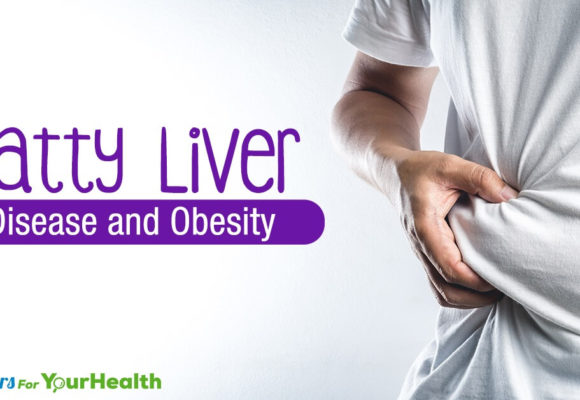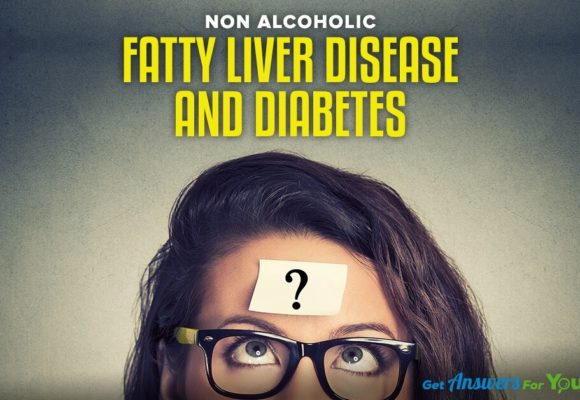1) Grab a FREE copy (Value $14.95) of one of my books Thyroid Symptom Overload
Just pay shipping $7.95 for any US orders. Or, if you want to pay full price plus shipping, order from Amazon :)
2) Take our Thyroid Quiz today and find out what "Thyroid Type" you have
This quiz will help you quickly discover where your symptoms are stemming from.
3) Join Our Thyroid Advocate Membership Site - Natural Thyroid Academy
FREE for a limited time. No credit card required.
4) Work with me and my team privately
Schedule your FREE 15 minute phone consultation and we can find out the best way to help you specifically.
Do you feel weakness and fatigue most of the time? Are you losing weight unexplainably? Do you feel depressed or anxious? Does a dull pain on the left side of your stomach, below the ribs disturb you? You might be at the risk of Non-Alcoholic Fatty Liver Disease.
Non-Alcoholic Fatty Liver Disease, also known as Nonalcoholic Steatohepatitis, is used for a range of liver-based health conditions. NAFLD occurs when the layers of fat accumulate on the liver. A little fat on the liver is not a serious health condition, but if the fat layers continue to build on the liver, it may lead to life-threatening health conditions, such as diabetes, heart stroke, etc.
NAFLD itself is not life threatening, and if diagnosed at early stage, it can be typically helped with moderate lifestyle changes.
The Role of Liver in Non-Alcoholic Fatty Liver Disease
A healthy person’s liver weighs around three pounds. The liver, the second largest organ in human body, is responsible for cleansing blood and removing toxins from the body. Ideally, the liver should not have any layer of fat. However, 5%–10% fat in liver does not affect the normal functions of liver.
The liver condition is called steatosis when fat content is more than 10%. In the US, at least 80 million people suffer from NAFLD, and more than 100 million Americans have fatty liver. It is important to remember that Non-Alcoholic Fatty Liver Disease is used to explain the medical condition of non-alcoholic people only.
The risk of Non-Alcoholic Fatty Liver Disease is higher after 40 years of age, but the disease may develop at any age. As the fat molecules continue to build up in the liver cells, the liver becomes inflamed. If the disease is left untreated, it may lead to permanent scarring and cause irreversible damage. The treatment should be initiated immediately as soon as the enlarged liver is diagnosed. Other symptoms, such as enlarged blood vessels under the skin, red palms, enlarged spleen, abdominal swelling, and yellowing of the skin and eyes characterize advance NAFLD, categorized as Non-Alcoholic Steatohepatitis and cirrhosis.
What Causes Non-Alcoholic Fatty Liver Disease?
Although diet and lifestyle play a big role in liver functioning, these are not the only causes of NAFLD. Some people eating the same diet and living a similar lifestyle may have different liver health conditions. Accumulation of fat molecules in the liver cells is closely associated with digestion, metabolism, and other factors. Some factors that may stimulate or affect the occurrence of Non-Alcoholic Fatty Liver Disease include:
- Obesity
- Insulin resistance
- High ratio of triglycerides in the blood
- Hyperglycemia or type 2 diabetes
Who is at the Risk?
Non-Alcoholic Fatty Liver Disease is not restricted to specific health conditions or age range. It may occur at any age, and provided the current dietary routines, the disease is becoming more common. The following are some factors that may cause NAFLD.
- Underactive thyroid or hypothyroidism
- Underactive pituitary gland or hypopituitarism
- Sleep apnea
- Respiratory disorders
- Polycystic ovarian syndrome
- Type 2 diabetes
- High triglyceride content in the blood
- Metabolic syndrome
- High cholesterol
Older people or patients with diabetes are at higher risk of Non-Alcoholic Fatty Liver Disease. High fat content on the abdomen also causes NAFLD.
Challenges and Complications
Cirrhosis is considered the most complicated stage of Non-Alcoholic Fatty Liver Disorder. Cirrhosis is the last-stage scarring of liver that occurs when the liver tries to halt inflammation. As the inflammation continues, fibrosis also continues to grow, undertaking more and more liver tissues. Cirrhosis can cause serious health conditions, such as:
- Fluids build up in the blood vessels
- Slurred speech, drowsiness and confusion
- Difficulty decision making
- Liver cancer
- Liver failure
The chances of cirrhosis occurrence are rare, especially if the disease is diagnosed at early stage. Around 20% of the cases of Non-Alcoholic Fatty Liver Disease proceed to cirrhosis, which can be prevented with appropriate diagnosis.
However, diagnosis of NAFLD is another challenge. Many times, even if the fat molecules accumulate in the liver cells, inflammation of liver or other symptoms that signify NAFLD condition may not appear in the body.
The diagnosis of NAFLD is usually overlooked, because the disease does not always unveil its symptoms. Most often, NAFLD is diagnosed as a result of the blood work associated to it. Sometimes it is diagnosed by chances as a result of an enzyme test or abdominal ultrasound, showing enlarged liver.
- Non-Alcoholic Fatty Liver Disease could be diagnosed as a result of blood tests including the following.
- Screening test for celiac disease
- Blood tests for all types of hepatitis
- Complete blood count
- Fasting blood sugar
- Lipid profile, including triglycerides, cholesterol, and blood fats
- Hemoglobin A1C for blood sugar
Imaging procedures, such as plain ultrasound, magnetic resonance elastography, transient elastography, and computerized tomography scanning or magnetic resonance imaging can also help diagnose Non-Alcoholic Fatty Liver Disease. Sometimes, the medical doctor may prescribe a liver tissue biopsy for diagnosis or assess the condition of the disease before starting the treatment.
Getting some help for Non-Alcoholic Fatty Liver Disease is possible with a system that relates all symptoms in the body, such as DNA UPrint. It is never too late to start taking care of your liver. The following three lifestyle changes can help improve your liver health and overall well-being.
- If you exercise regularly, but you are still experiencing the symptoms of Non-Alcoholic Fatty Liver Disease, then make sure to visit your doctor. If you do not exercise regularly, then make sure to start your fitness regime and follow it for five days a week at minimum. Before incorporating heavy or advance exercise routine, visit you doctor and get a go-ahead.
- Obesity is one of the primary causes of a fatty liver. If you drink alcohol regularly, reduce its intake or seek assistance from a rehabilitation center. Count the calories you eat and keep an eye on the kind of food you consume. Eat healthier and better. Again the DNA Uprint can help point you in the right direction.
- Drink more water to cleanse your body and make it toxin-free. Half your body weight in ounces is a good rule of thumb. Eat antioxidants, such as nuts and berries. Drink vitamin C rich juices and drinks that help cut the fat substance from the body. Take at least eight hour sleep at night. Sleeping helps release toxins from the body.
Most importantly, do not ignore the changes occurring in your body. If you feel fatigue and exhausted, if your abdomen looks bloated, or if you are gaining or losing weight unexplainably, probably it is time to visit your doctor or find out what the DNA Uprint reveals about you.
References
http://www.nhs.uk/conditions/fatty-liver-disease/Pages/Introduction.aspx
https://patient.info/health/non-alcoholic-fatty-liver-disease
http://www.liverfoundation.org/abouttheliver/info/nafld/
https://en.wikipedia.org/wiki/Non-alcoholic_fatty_liver_disease








